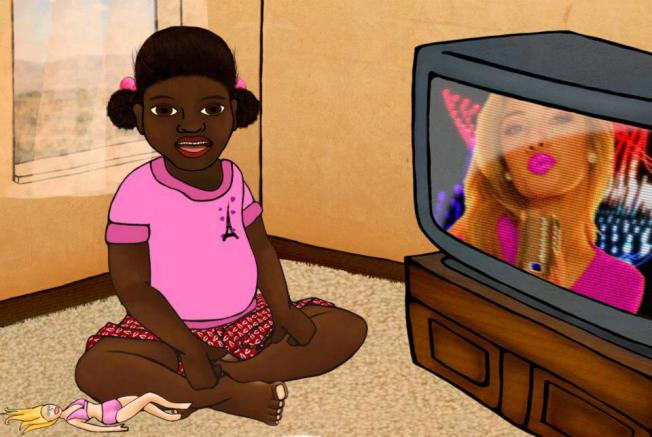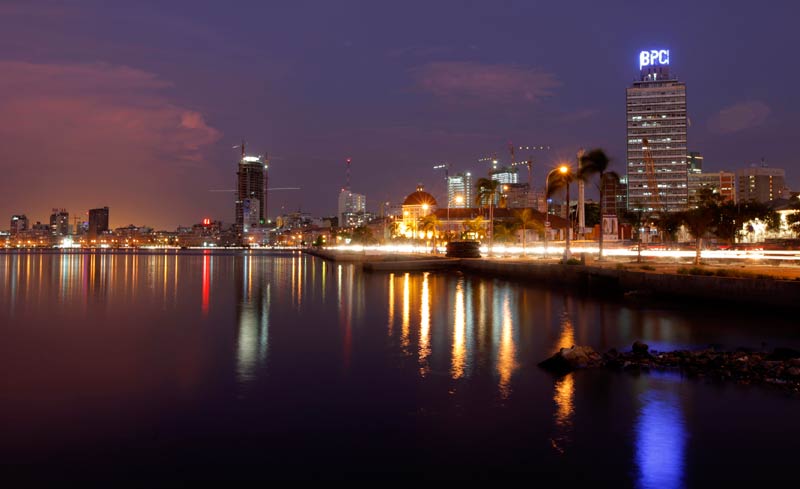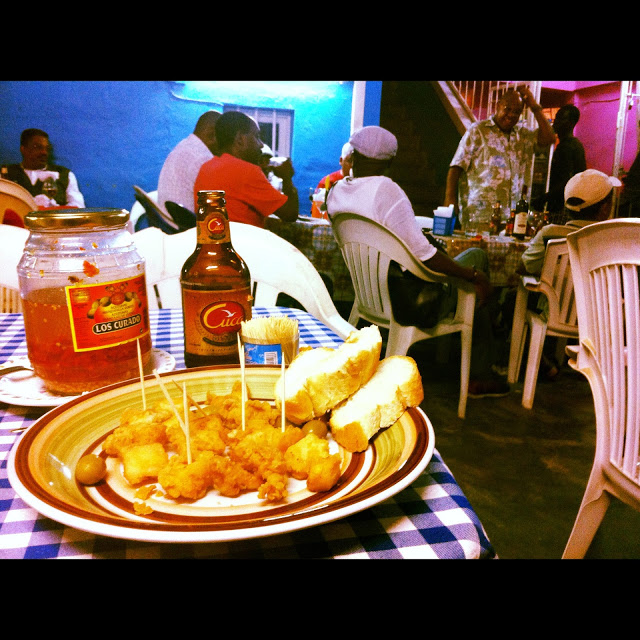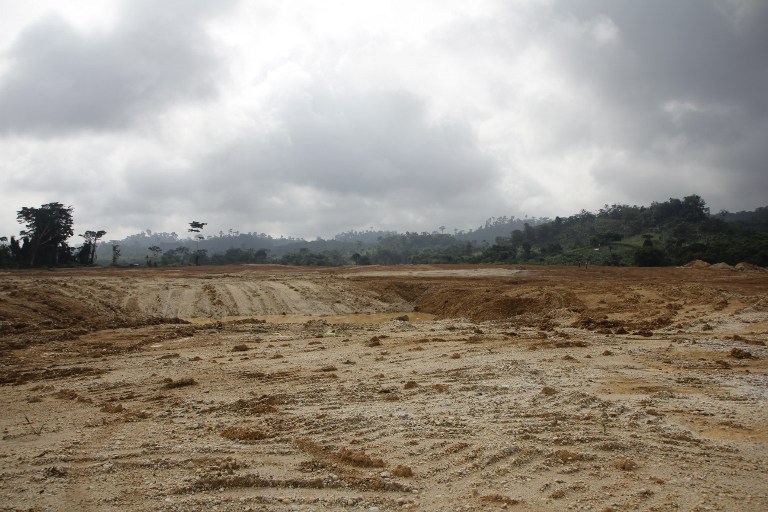His name hangs like a talisman across Africa, from the President Barack Obama High School in Nigeria to the Obama Barbershop in Tanzania, so delighted is the continent to have an American president it can call its own.
Yet Obama’s trip this week will be only his second to sub-Saharan Africa since he became president more than four years ago. His first was a flying 20-hour trip to Ghana in July 2009 (preceded weeks earlier by a stop in Egypt). So it’s no surprise that wherever he goes this week Obama will be faced with questions about how well he has treated his father’s homeland.
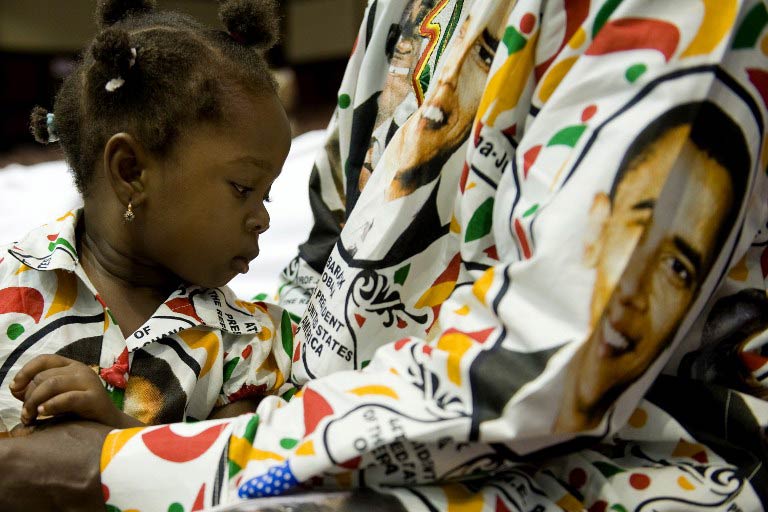
For in the race to do business with an increasingly prosperous and opportunity-laden continent, America is lagging behind. The United States is no longer Africa’s leading trade partner; it lost that position to China in 2009. In contrast to Obama, the new Chinese president, Xi Jinping, visited the continent on his first trip abroad – an indication of its strategic importance to Beijing. It’s a perfect partnership: China needs resources and Africa wants cheap imports and investment. Countries such as Japan, Brazil and Turkey are also aggressively positioning themselves to get in on the act.
At the same time, the Obama administration appears to be struggling to develop a coherent African strategy. In August 2009, barely a year into the administration, Jendayi Frazer, US assistant secretary of state for African affairs during George Bush’s second term, lamented “the Obama administration’s penchant for lecturing Africans rather than listening.” Indeed Hillary Clinton, Obama’s first-term secretary of state, seemed to spend much of her time warning Africans to beware of China. Journalist Howard French wrote recently of the need to “put an end to the belittling, small ball ritual whereby African leaders are invited to Washington in groups of three or four (as if an African country by definition didn’t merit a one-on-one discussion), offered a quick photo opportunity, a few homilies about democracy and governance and then sent on their way”.
Obama’s much-vilified predecessor set a pretty impressive record of engagement with Africa. Under Bush II the US government launched Pepfar, a remarkably successful $15-billion commitment to tackling HIV and Aids. The Millennium Challenge Corporation, a US foreign aid organisation that rolls out poverty reduction programmes in developing countries (much of its work is in Africa), was established during the Bush era.
The Bush government left footprints across the continent beyond the aid arena. It played a role in the signing of the peace agreement that brought an end to decades of civil war in Sudan, showed a lot of interest in bringing an end to the wars in the Congo region, and helped bring about an end to the civil war in Liberia, helping ensure Charles Taylor’s resignation, and eventual arrest and prosecution. (Taylor has of course since wondered aloud why Bush is himself not facing prosecution for his own “crimes”).
Against this background of US, Obama comes across as positively neglectful. His only activity of note has been to ramp up US military activity in Africa, adding drone bases and deploying significant numbers of troops. When he was first elected there were celebrations across the continent, and perhaps unrealistic expectations that he would champion African interests on the world stage. Indeed on his first visit to Ghana, he declared that he had “the blood of Africa within me”. Since then his absence has been keenly felt, sparking accusations that he has betrayed his roots.
But is this fair? Does Obama have a special responsibility to the continent, because of his ancestry? Perhaps not. Perhaps the emphasis on Obama as a black president is missing the point. Because it’s not just for reasons of solidarity that the US president should attend to Africa. There are more selfish reasons, both , economic and political, as well.
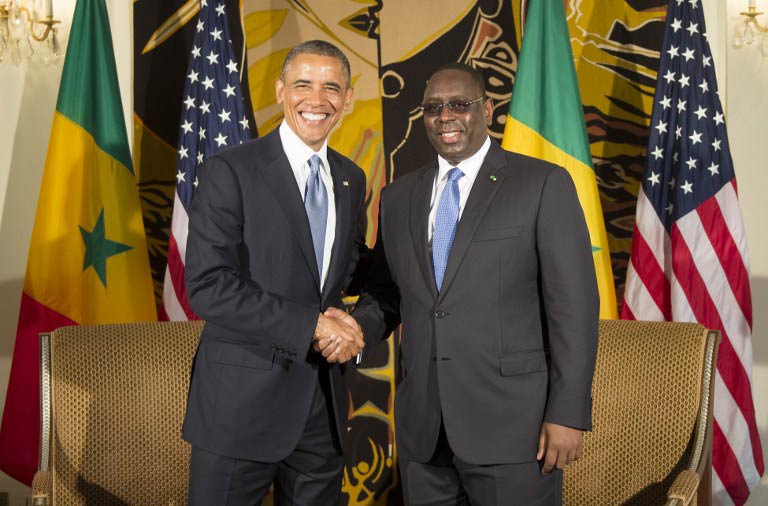
Africa, as the much-touted “last frontier” for global trade and investment, is today arguably more important than at any other time in its history. Obama would do well to provide more government support to American investors and entrepreneurs seeking to do business in Africa, and to nudge Congress to relax limitations on the US export-import bank’s mandates. To allow the continent to increase its share of global trade – currently only about three percent – America ought to lead the way in abolishing unfair trade tariffs and agricultural subsidies. America can and should also do more to use its clout to deter the global flow of the proceeds of African corruption – whether it’s stolen crude or laundered money – and impose sanctions on the beneficiaries.
“Two-term presidents traditionally devote most of their second terms to foreign policy, which they can control with less interference by Congress,” wrote journalist Jonathan Alter in The Promise, his book on Obama’s first year in office.
The world will be watching to see if that holds true for Obama, and how much of this devotion will be directed at the continent where his father was born and lies buried, and where there’s so much opportunity to leave a lasting presidential legacy without having to break America’s bank.
Tolu Ogunlesi for the Guardian Africa Network
